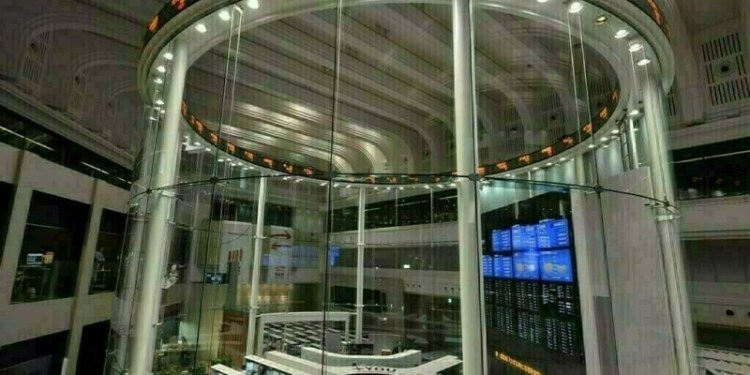By Fatma Alarimi
MUSCAT, Sept 3 (Reuters) – Oman is rescheduling some of its liquefied natural gas (LNG)exports as rising domestic demand for power generation causes gas shortages that are hurting its industry, company officials said.
Nearly all of Oman’s gas exports go to Japan and South Korea. Some gas originally due to be delivered this year would be supplied in coming years, a senior official at Oman LNG said.
“Five to 10 percent of planned exports were rescheduled this year because of the gas shortage,” the official told Reuters. He declined to be named and did not give details.
Oil and Gas Minister Mohammad bin Hamad al-Rumhy, also chairman of Oman LNG, declined to comment. The company, 51 percent owned by the Omani government, also has shareholders including Shell (LSE: RDSB.L – news) and Total (Swiss: FP.SW – news) .
In 2013, Oman exported as LNG about 410 billion cubic feet or roughly 37 percent of its total gas production, according to the U.S (Other OTC: UBGXF – news) . Energy Information Administration.
Oman is seeking to industrialise rapidly to provide jobs and diversify its economy beyond oil, but these plans could be delayed if gas supplies do not keep up with surging demand for power generation.
“There is a gas shortage for industries across the country,” even though the government doubled gas prices for industrial users in January, said Saeed al-Kiyumi, chairman of the Oman Chamber of Commerce and Industry.
N A Ansari, director at Jindal Shadeed Iron & Steel (IPO-JSIS.OM), said his Sohar-based manufacturing company was struggling to expand because of limited gas supplies: “The gas shortage is everyone’s concern.”
Salim al-Aufi, undersecretary at the Ministry of Oil and Gas, said gas supplies were sufficient, and added that higher-than-expected electricity generation earlier in the summer had strained supplies.
Industrialists said shortages could continue at least until Oman’s Khazzan tight gas project comes on line. BP has said it expects to start production from Khazzan by 2017 at a rate of 1 billion cubic feet per day.
In the long term, Oman could benefit from a deal signed in 2013 to import gas from Iran via a planned Gulf pipeline.
Aufi said Oman had no plans to import LNG. “Politically, that will be very difficult as we export LNG.”
He added, “We have exporting contracts at least until 2024, and we are committed to them.” (Editing by Andrew Torchia and William Hardy)



























